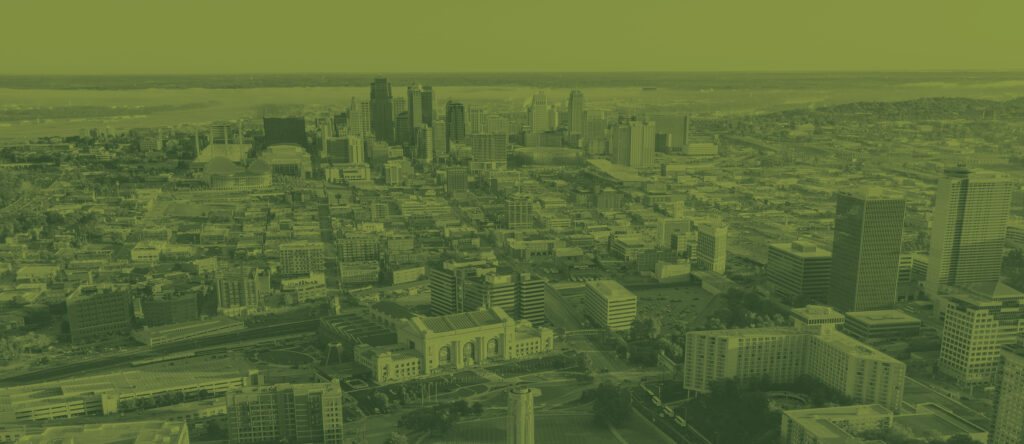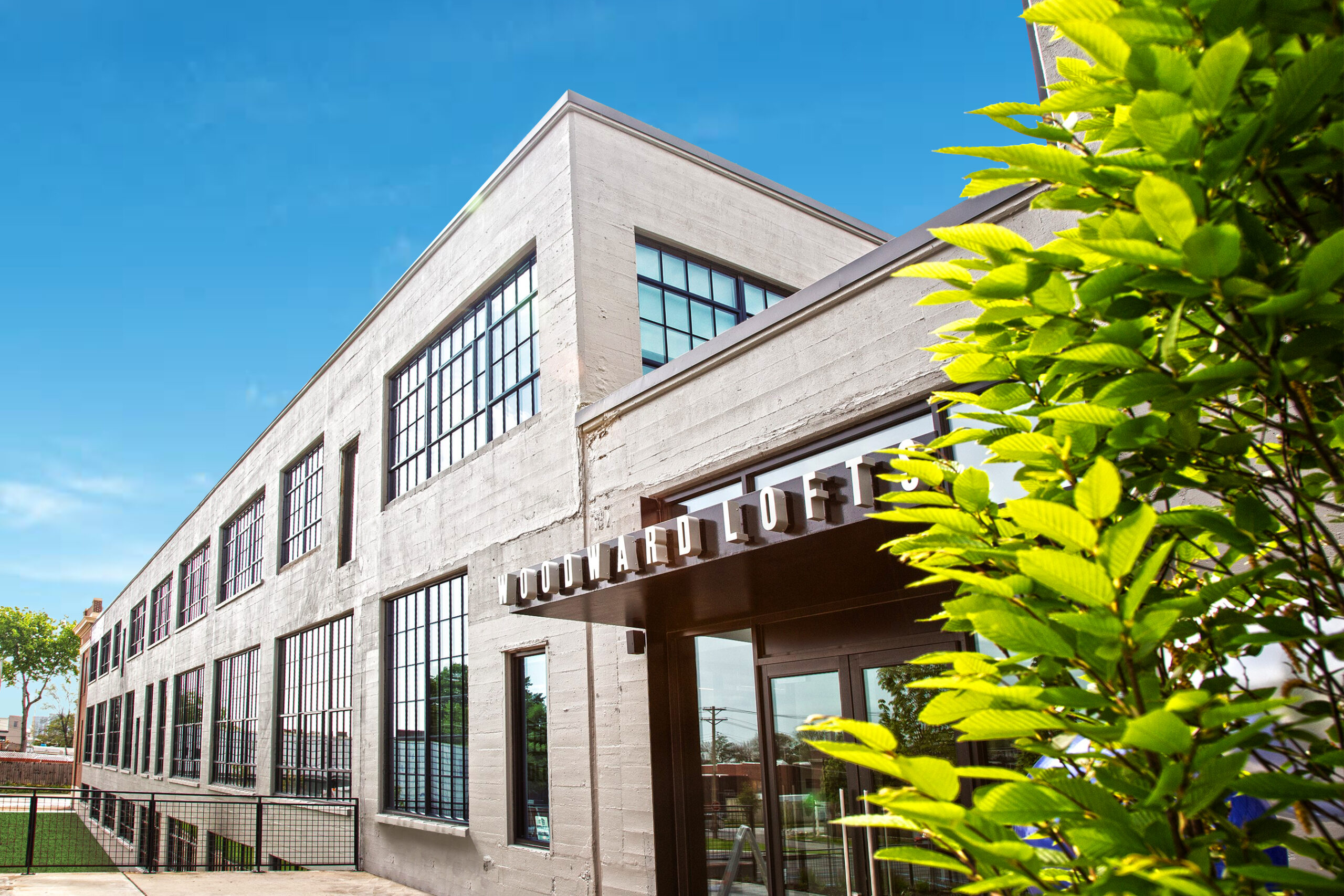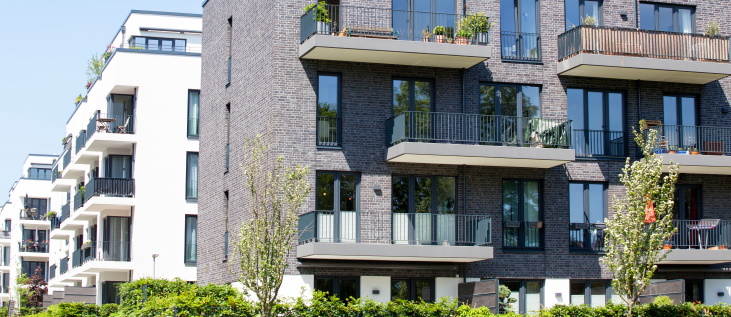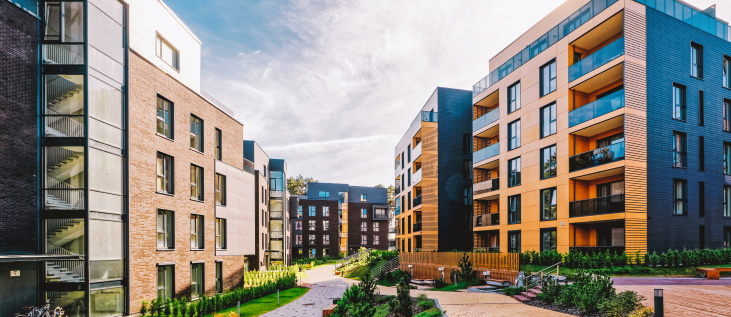Home to over 2 million people, Kansas City is the 28th largest metro in the country, a bi-state region composed of fifteen counties. Kansas City’s growth is fueled by lower business and living costs than most major metros, a well-educated, productive workforce, and the most geographically central major metro in the country. The central U.S. location has been particularly useful in driving the growth of the metro area?s distribution sector. At the end of 2015, Kansas City stood at 4.2%, 80 basis points better than the national average.
Distribution
Kansas City is considered a top distribution market in the country, ranking as the number one rail market by freight volume. Warren Buffett’s BNSF and the Kansas City Southern Railroad have recently built huge new intermodal centers. Kansas City intersects 4 interstate freeways (I-70, I-35, I-29, and I-49), and features 4 interstate linkages (I-635, I-470, I-435, and I-670), offering the market the most freeway miles per capita in the country, by far. Amazon just announced its 2nd and 3rd distribution centers at 800,000 square feet each, solidifying Kansas City as a major distribution hub for the internet giant.
Tech Industry
In 2012, Google Fiber chose Kansas City to be the first to roll out their new high-speed internet service. In a recent public-private partnership, collaborating with Cisco, Kansas City has become the world’s most connected smart city. In the downtown area, Kansas City enjoys a burgeoning tech & startup industry with an entrepreneurial spirit. The $2B Kauffman Foundation, based in Kansas City, is among the country’s largest private foundations, focusing on entrepreneurship, and empowering individuals to achieve economic independence while becoming engaged in their community.
Economy
Kansas City enjoys a healthy combination of small to large businesses, and is one of the most well-diversified markets in the country, with no one single sector dominating the local economy. As an example, Kansas City is home to large Ford and GM plants employing approximately 8,000, but the area is not heavily reliant on the auto industry. The largest employer, Cerner is the leader in perhaps the two fastest growing industries (healthcare and IT) and recently became the world’s largest healthcare IT staff. Cerner is growing rapidly, preparing to occupy its new $4B campus. The Kansas City area benefits from the surrounding agricultural industry and the region boasts the largest concentration of animal health industry in the world, with over 300 companies and a third of the world’s business going through the region. Kansas City is also one of the top life science research markets in the country.
Lifestyle
Kansas City offers a large-city feel, with smaller towns in close proximity. Kansas City housing costs and cost of living are on the low end of the largest metros. Quality schools, some of the lowest traffic congestion/commutes in the country, and access to premier entertainment, arts and professional sports, make Kansas City an attractive place to live and raise a family.
Cultural Arts
Kansas City is ranked number one in the country in the ratio of cultural venues to population, offering a number of highly-acclaimed museums and arts venues. The Kauffman Performing Arts Center is ranked as the third best performance hall in the world. Additionally, Kansas City has more fountains than any other city in the world except for Rome. Kansas City was recently ranked sixth in the country for cultural art destinations.
Entertainment
Kansas City is home to professional teams in the National Football League, Major League Baseball, Major League Soccer, as well as a NASCAR track. The downtown Sprint Arena is the 5th busiest in the country for live entertainment, and 12th in the world, with nearly all major entertainment acts coming through Kansas City on tour.
Downtown Kansas City
Kansas City’s urban downtown Central Business District continues to thrive, with over $6B of investments since 2005. The May 2016 launch of the streetcar has improved the walkability and downtown access. The downtown enjoys the lowest multifamily vacancy in the metro, at approximately 3%.
This does not constitute an offer to purchase securities, and that any purchase may be made only through delivery and receipt of a confidential private placement memorandum from the issuer, pursuant to which any potential investor must complete and provide an investor questionnaire, subscription agreement and other things required by the issuer, and are subject to the issuer’s verification of accredited investor status and issuer’s acceptance of the subscription































